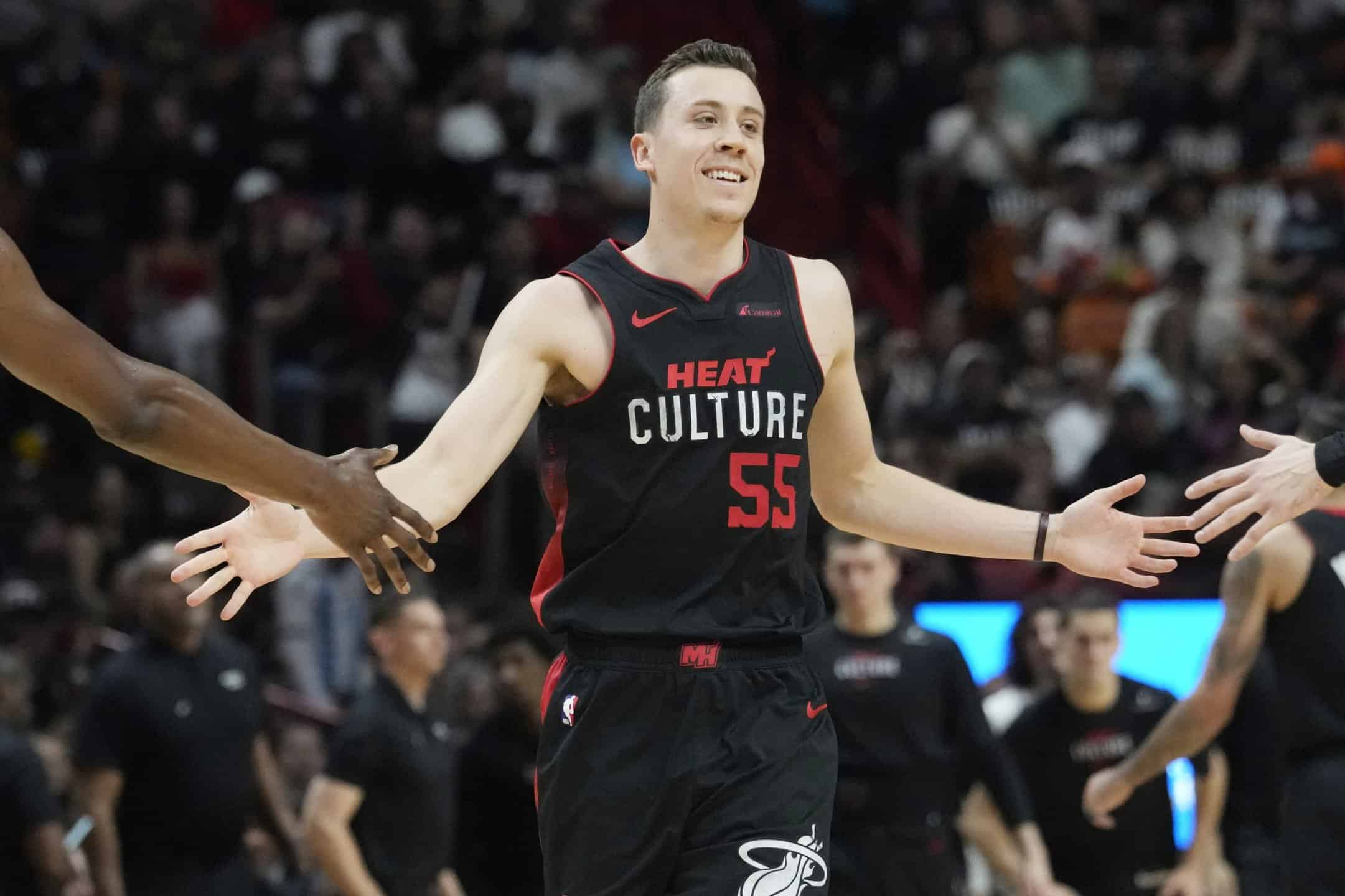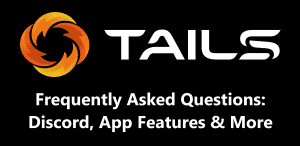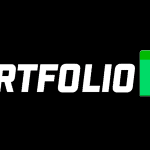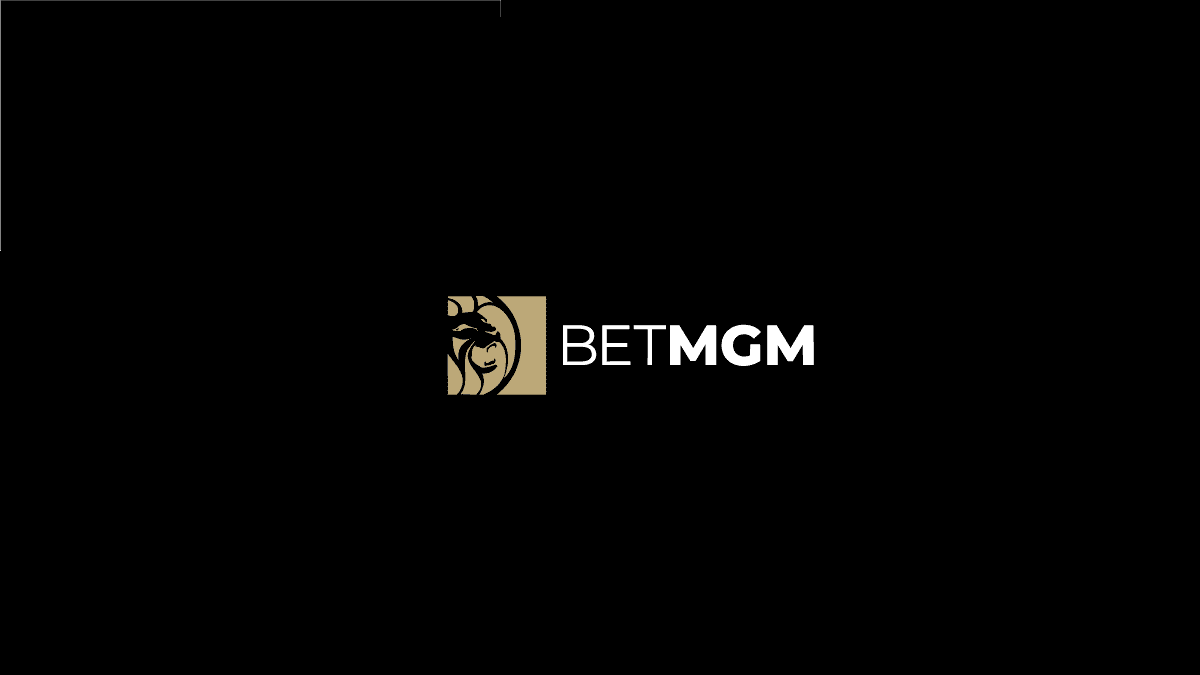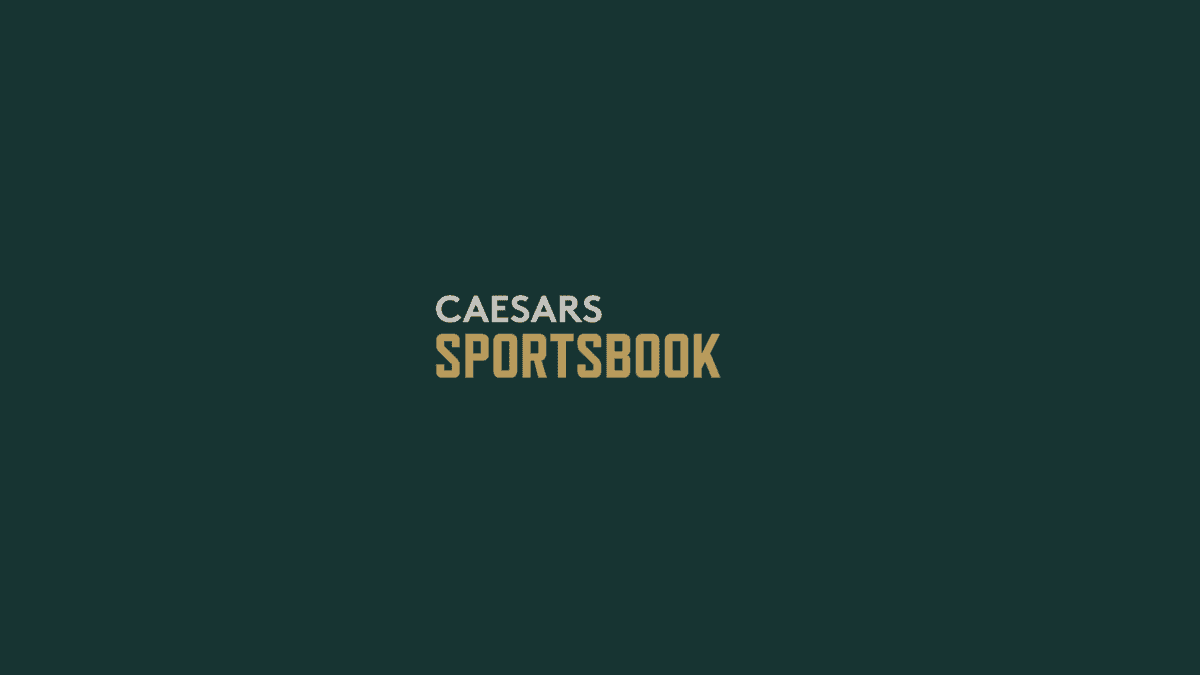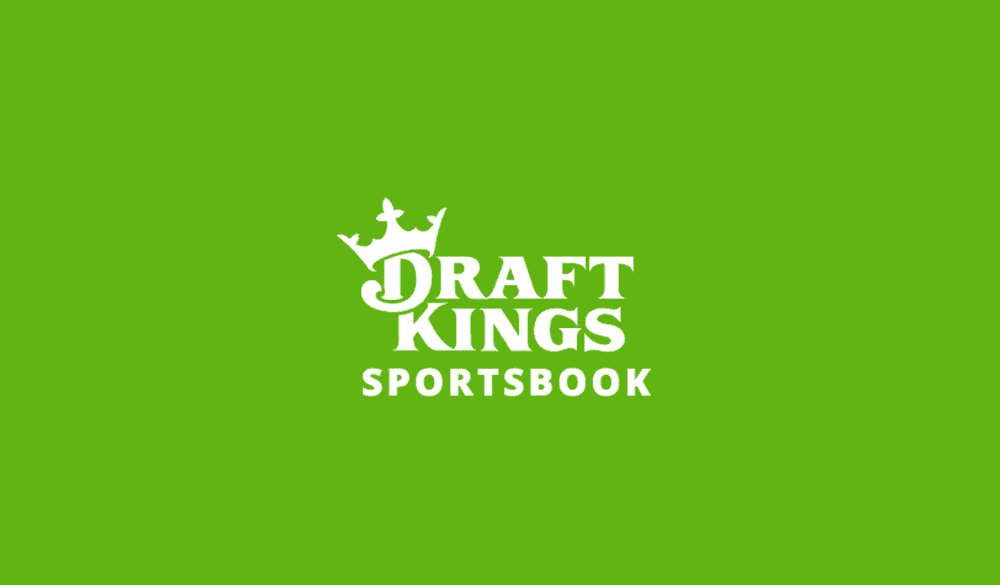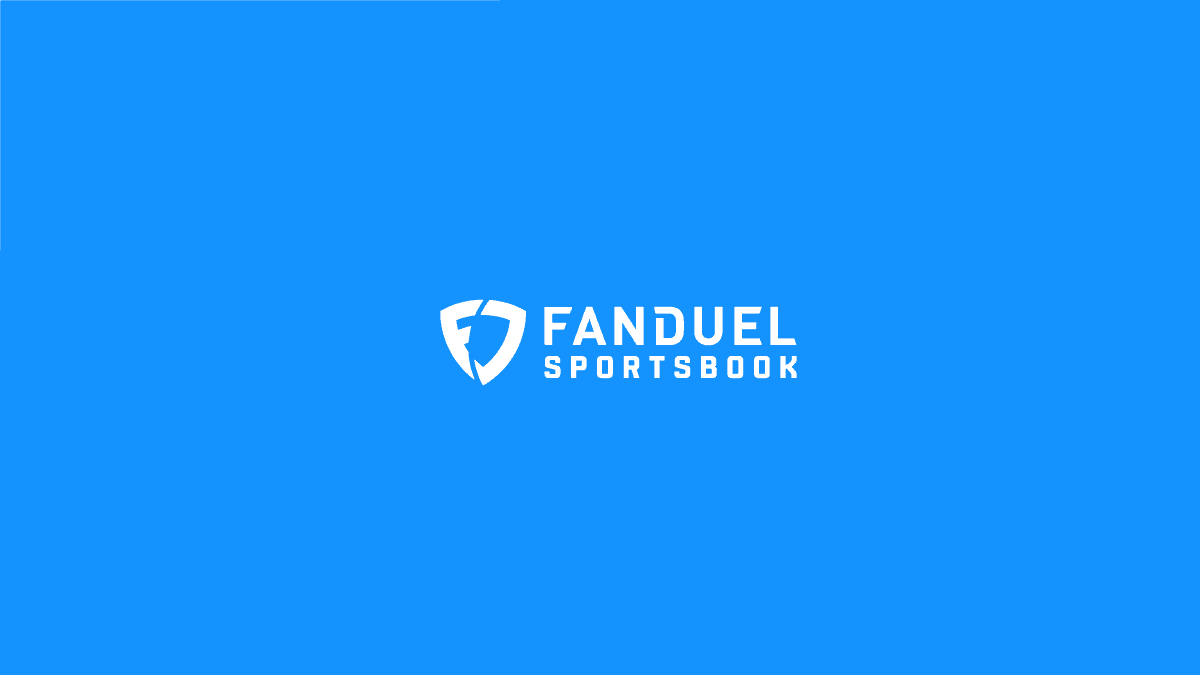If you’ve made a few bets at online sportsbooks then you’ve probably seen the “cash out” function on their menus. When you’re winning, online sportsbooks will give you a chance to cash out the bet for a payout higher than your initial wager. If you’re losing, but the bet still has a shot, you’ll be able to “cash out” and cut your losses for an amount lower than your wager. Knowing what to do what and when can help you maximize your bankroll. When you’re placing +EV wagers with OddsShopper, you’ll have plenty of chances to cash out early for a profit — just check out our tools!
Cashing out can be tempting because it lets you lock in a profit or mitigate your losses. Unfortunately, cashing out your bet also has a negative ROI over the long run. Sportsbooks understand their customers can get trigger-happy, so they make sure those early cashouts are much lower than they should be. Don’t expect the cashout number to come close to the payout you should receive for the bet’s true odds of winning.
Nevertheless, that cashout option can still create a dilemma. Even though you’ll make more money in the long run by sticking to your guns, sometimes opting out makes sense if the payout is high enough. The early payout won’t have a better expected ROI in theory, but winning is winning. As some people put it, there’s “Life EV” or real-life value to pocketing the money immediately, especially if it’s a large sum. The same is true for limiting your losses when your bets are going south. Let’s talk about profitable sports betting, positive EV and when to cash out your bet.
When to Cash Out Your Bet, and How
Luckily, there are other ways to hedge your bets without taking the cashout option. Hedging will also cut into your expected ROI, but you’ll be able to control the amount of edge you want to give up. That’s a lot more reasonable than jumping on whatever cashout number the sportsbook is offering.
Imagine placing a $100 futures bet at the start of the NBA season for the Denver Nuggets to make the Western Conference Finals. The bet at the time was +600, but the Nuggets have now reached Round 2 and have the lead in their series with the Phoenix Suns. The updated odds for Denver to win the series and reach the Western Conference Finals is -110.
That bet you made months ago with a nearly 14% implied probability is now a pick-em, giving you about a 50% shot to profit $600. Sportsbooks know that they’ll probably take the “L” on it, but they’ll offer unsuspecting customers the chance to cash out. Saying “no” to a cashout offer of $400 dollars is a no-brainer, and, unfortunately, sportsbooks aren’t likely to offer you more.
If you must sacrifice some of your expected value, you can make a much smaller bet on the other side, like taking the Suns as a -110 pick-em. If you bet $110, you can guarantee that you’ll recoup your initial stake from the beginning of the year. It limits your upside, but you’ll end up in a much better spot than you would if you took the sportsbook’s early cashout payment.
There are all kinds of ways you can hedge, or just completely buy out of a position like that. Most involve betting on the other side of a game or a series, but you can also rely on prop bets or live betting odds. The European sports betting market even includes peer-to-peer betting exchanges where people can sell shares of the tickets they hold. You can expect peer-to-peer betting platforms to eventually pop up in the United States as well with the proliferation of online gambling.
Any of these hedging ideas are better than what sportsbooks offer you to cash out. Hedge betting is the better way to lock in a win or mitigate your losses.
Cashing Out, Profitable Sports Betting and “Life EV”
The decision to cash out a bet isn’t about return on investment. It’s about sustainable growth, bankroll management and smoothing out the wins and losses that come with sports betting. Bettors with large bankrolls might scoff at the idea of leaving theoretical ROI on the table, but the average person has to think when enough is enough.
That could come in the form of taking an early cash out when you’re winning and losing. But if you do so, you should use the market to get an idea of where the payout stands compared to your chances of winning. There are other ways to smooth out your variance.
The “live odds” on a game might be an indication of what your true payout should be. Compare the series or in-game odds of the NBA matchup above at various books. Can your cashout ROI beat those?
Likewise, it may be worth directly hedging by betting the other side. You can give up some of the expected ROI by buying out of the position to lock in a profit.
These aren’t tools that every bettor will want to use. Casual bettors playing for entertainment value represent the opposite side of the pros that bristle at the idea of giving up expected value to hedge, and, while it’s hard to advocate strongly for cashing out, it’s also important to know what you’re getting into so you can make an informed decision. The more you win, the more fun you have.
That was probably the reason you bought an 8:1 in the first place, and it’s the same reason longshot bets are enjoyable. But you should be aware of your options.
